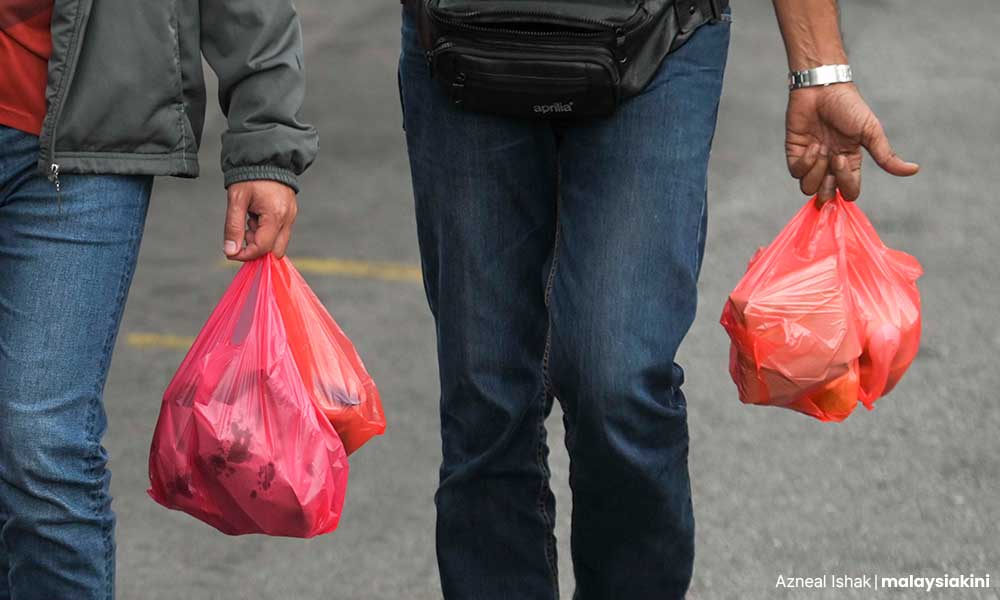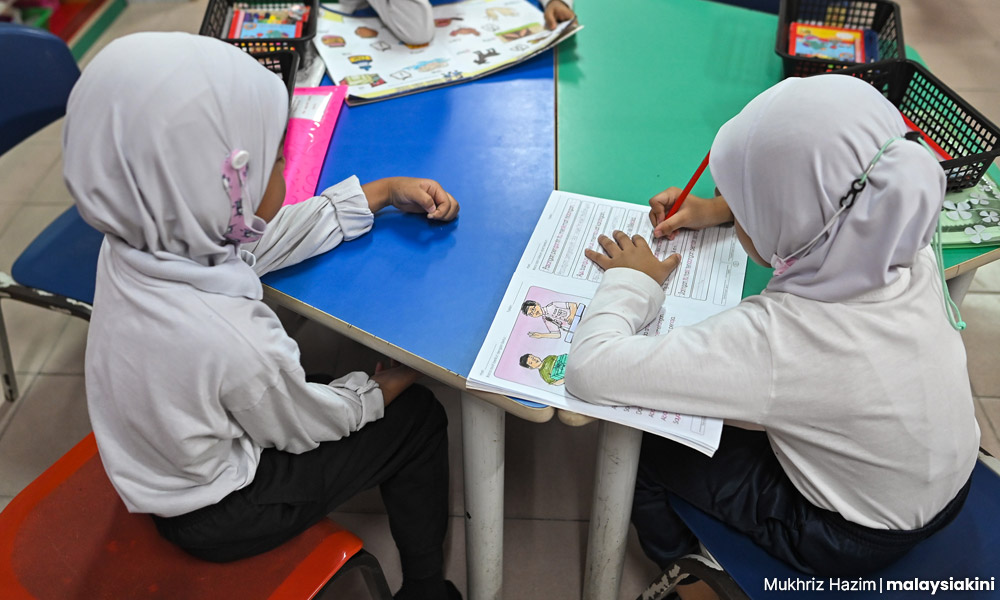The Education Ministry has recently advised school canteens to continue running throughout the month of Ramadan, even if the school has less than 10 percent non-Muslim students.
According to its minister Fadhlina Sidek, it is vital that non-Muslim students are treated with inclusivity in order to avoid previous scenarios where they were not allowed to eat in school canteens and instead instructed to eat in storerooms, restrooms, or by the side of drains.
Fadhlina (above) also stressed that not all Muslim children are required to fast, especially at an early age, implying that they must be allowed to have access to food at the school canteen during recess.
I must say, I am so happy and impressed with Fadhlina’s statement, especially since the Association of Malaysian School Canteen Operators had recommended the closure of school canteens during Ramadan for schools with less than 10 percent of non-Muslim students.
In fact, Fadhlina was spot on when she said that non-Muslim students must learn to respect those who are fasting and at the same time, Muslim students who are fasting must be polite to those who are not fasting, Muslims and non-Muslims alike.
Her statement is such a breath of fresh air, and she is well-deserving of a round of applause for being the voice we waited for so long.
In previous years, every decision made by public school administrations during Ramadan has been a biased one.

During my time some four decades ago, canteens were allowed to operate in the month of Ramadan but Muslim students were not allowed to step foot into the canteen. School prefects on duty would be tasked to write down the names of those who sneaked into the canteen for a quick bite.
When my eldest was in Primary One some eighteen years ago, the school canteen was shut down during Ramadan and Muslim students were not allowed to eat or drink in the school compound. My daughter used to sneak water bottles into the toilet to quench her thirst while her non-Muslim friends had to eat and drink far away from their Muslim friends.
And then when my youngest entered school, the situation worsened. In addition to the school canteen not being allowed to operate and Muslim students were forbidden from consuming food during Ramadan, the school made it compulsory for all Muslim students to attend special religious classes during recess.
Prioritise the wellbeing of students
While Fadhlina prioritises the welfare of our students before anything else (as she rightly should), I don’t think most public schools have ever bothered about the students or their wellbeing.
A few years ago, a friend of mine informed me that his son in Standard Two was sent out of his classroom for not fasting. Apparently, his teacher had asked Muslim students in the class to put up their hands if they were not fasting. Being truthful, the boy raised his hand only to be ridiculed and sent out as a punishment.
I believe this is not an isolated incident. In many public schools all over the country, different teachers have come up with different ways to “force” Muslim students to fast during Ramadan despite fasting not being obligatory for young children who have not reached adolescence.
For some odd reasons, school administrations - in particular Muslim teachers - tend to see themselves as the guardian of the religion and take it upon themselves to make sure every Muslim student exercises the fasting rituals and every non-Muslim student does not stand in the way.
It is almost mind-boggling how they could be so ignorant when the month of Ramadan is considered one of the holy months where kindness, compassion, and empathy are often pursued as good practices in faith. How then can they end up being so unkind and ruthless to a child?
We Muslims believe fasting provides us with a spiritual perspective that allows us to understand the suffering of those who are in need. It is rather sad that despite Ramadan being a holy month, some of us only end up experiencing hunger and thirst - and nothing else.

Moving forward, I hope Fadhlina will provide a hotline where parents are able to reach out directly and inform the ministry if their children are mistreated by the school and are in any way at the losing end during this fasting month.
The complaints made by the parents should not go through any of the Education Departments for one simple reason - the officers are very likely to share the same mindset and sentiments as our public school administrators. The last thing we need while reforming the system is people giving excuses on behalf of the wrongdoers.
I once again thank Fadhlina for a great decision. And I hope she will continue to change more things in our not-so-excellent education system. - Mkini
FA ABDUL is a multi-award-winning playwright and director in the local performing arts scene, a published author, television scriptwriter, media trainer, and mother. Her ultimate mission in life is to live out of a small suitcase.
The views expressed here are those of the author/contributor and do not necessarily represent the views of MMKtT.




No comments:
Post a Comment
Note: Only a member of this blog may post a comment.